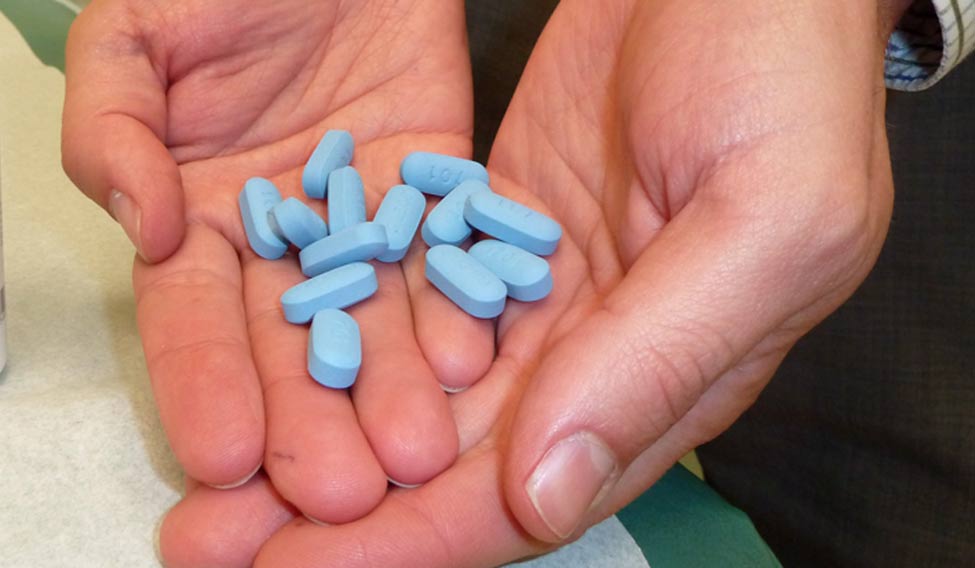Pharmaceutical companies are on a warpath over drug price ceiling by the National Pharmaceutical Pricing Authority (NPPA). The drug price watchdog insists that its price ceiling is “in public interest” and has asked violators to pay up or face action.
Refusing to comply with the ceiling, drug companies have taken the matter to court.
The NPPA has issued notices in 1,389 cases for violations of its ceiling prices, till February this year. It asked the companies to pay Rs4,551 crore as fine, the Lok Sabha was informed in March 2016.
Now the pharmaceutical companies are concerned that Union government is extending the authority of the NPPA to deal with all essential drugs.
On August 29, the foundation day of the NPPA, the Union Minister for Chemicals and Fertilizers, Ananth Kumar, said the government would empower the drug regulator to deal with cases in which drug market data was not available. An app that enables the customers to verify prices of essential drugs has also been launched. Within a couple of months, all the remaining essential medicines would come under the purview of NPPA. And the pharma companies worried.
The NPPA is authorised to fix ceiling prices for essential drugs in the National List of Essential Medicines (NLEM), prepared by the health ministry. Manufactures can increase the retail price of only other medicines, that too, up to 10 per cent a year.
As of now, the NPPA is unable to deal with some essential medicines for want of market data.
Seeking more powers to interfere in the market, the NPPA chief said on Tuesday that the Drug Price Control Order (DPCO) was outdated and sought an amendment to it.
When the NPPA was founded in 1995, to make life saving drugs affordable to everyone, it regulated the prices of only 74 bulk drugs. Now the list covers 680 formulations.
It is estimated that consumers have gained more than Rs6,000 crore owing to the changes made in the NLEM.
The drug regulator is proactive in the market. The government is planning to increase the number of Oushadhi shops to 3000 from 400 shops. These shops will sell medicine at fair prices.
India is the world's leading supplier of affordable generic drugs. Though the NPPA encourages marketing of generic drugs in the domestic market, branded drugs account for up to 80 per cent of Indian pharma market.
India is ahead of China in the pharmaceutical exports. The government has permitted 100 per cent Foreign Direct Investment in the sector with an aim to boost exports. Drug approvals to Indian companies by US Food and Drugs Administration have grown by 84 per cent in the last financial year. With a rapid growth rate of 15 per cent a year, India is set to achieve its target of $50 billion in three years, from $35 billion in 2015.





